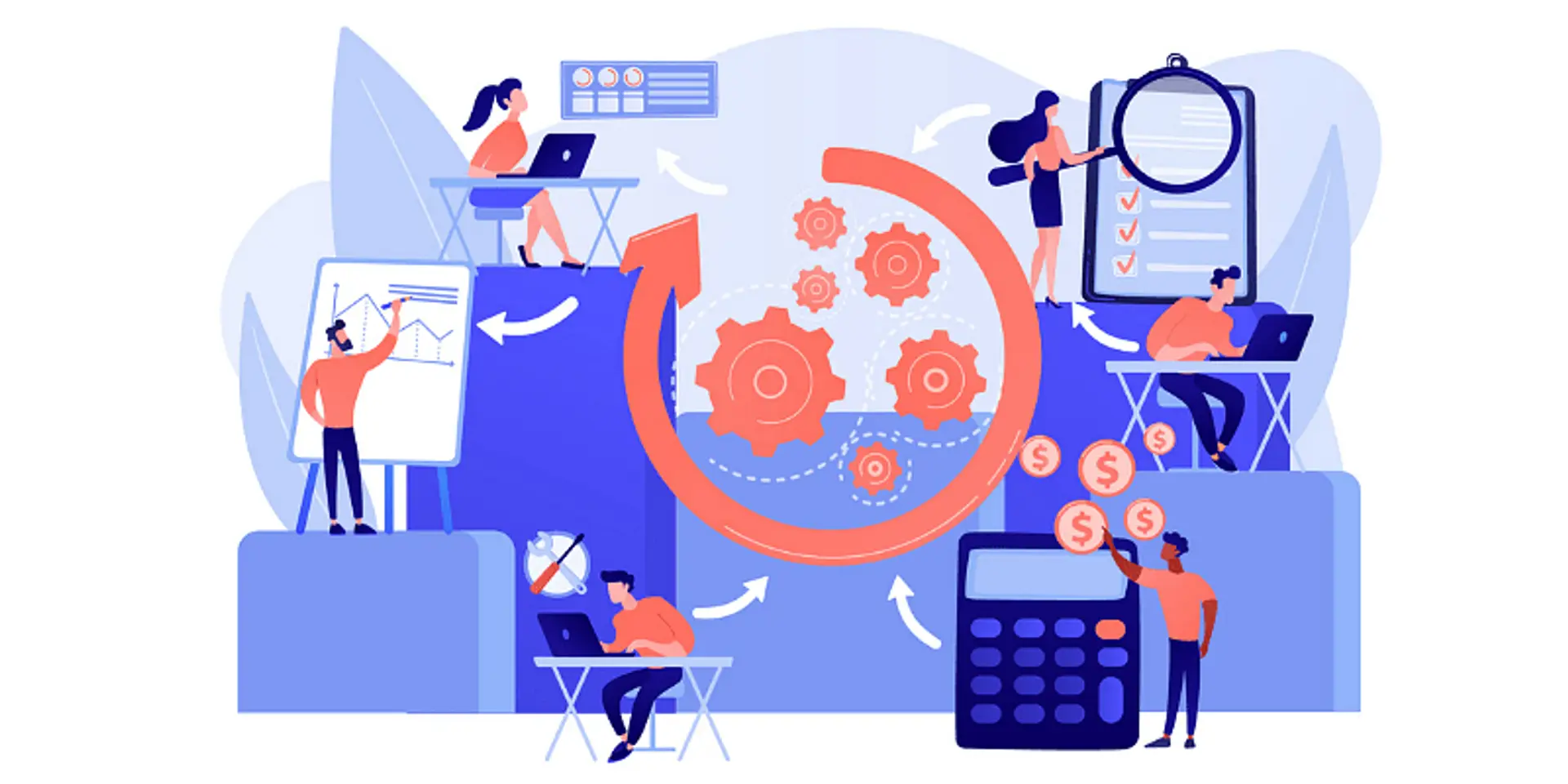Evolving expectations of the workforce with evolving times
Traditional leadership will need to give way to empathetic leadership, where the needs of diverse employees across different life stages will need to be addressed and factored in without compromising on either accountability or growth opportunities.
When the first COVID-19 wave hit in March 2020, there was a varied response across the board.
While organisations struggled with business continuity and transitioning to the work from home model, employees took time to adjust to virtual working.
What was assumed to be a 21-day lockdown stretched into months. From restructuring to layoffs, furloughs, salary cuts, freezing of incentives and increments, to deferring of payments — there were measures along a continuum.
While there was cognisance of the impact of the pandemic on the emotional wellbeing of employees, the focus largely remained on redefining business models for business continuity, business recovery, and restructuring.
And just when it seemed that things might be returning to normal, we were hit by the second wave in April 2021.
As the number of cases and casualties escalated, the fear of the virus, the crumbling healthcare infrastructure, and grief over losses took a toll on people physically, mentally, and emotionally.
This time around, organisations responded more empathetically with a range of employee-friendly solutions, including mandatory holidays for healing, offering medical assistance and coverage, providing self-quarantine facilities, food delivery services to affected families, and compassionate/bereavement packages.
Some organisations dialled up their CSR activities to help those in need with oxygen cylinders, concentrators, ambulance services, and food outside hospitals. Platforms to help people find vaccination slots also mushroomed.
The vast impact of the pandemic has left barely any family untouched. Within a few weeks, the lives of so many families changed forever. In all this, individuals across levels have been forced to evaluate their relationship with themselves, their purpose, their families, and their work.
This will have a bearing on how they view their profession and careers, and what they expect from their employers — now and going forward. Their need to believe in the purpose of the organisation and feel strongly about the purpose, and be aligned with the purpose will be one strong pillar.
Additionally, their need for work-life balance and choose roles, career paths, and organisational cultures that allow them to spend valuable time with near and dear ones and with themselves will take priority.
The third pillar will be empathetic leadership. And lastly, they will look for transparency in communication and decision making.
Purpose
The current pandemic has made people reflect deeply on the current way of life, their contribution, achievements, accomplishments, and also made everyone aware of our mortality, the unpredictability of life, and the preciousness of time.
Going forward, employees are going to be just as evaluative of the organisations as organisations are going to evaluate candidates.
The larger question they will be seeking an answer to would be, “How does this organisation help me achieve my larger purpose?” “Does this organisation work towards a larger social goal that benefits the world at large?”
And, it will not just be about the CSR initiatives of the organisation, but its core products and services.
Work-life balance
It might sound cliched, but in the current context, it takes a completely different dimension. Employees will actively seek roles, career paths, and organizational cultures that respect the employees’ needs to spend time with near and dear ones and pursuing activities of interest outside of work to recover and rejuvenate.
To be fair, organisations have put in certain policies and guidelines to drive this agenda. For instance, no meetings on Fridays or no meetings to be held on weekends, lunch hour to be zero meetings/call hour, and so on.
However, in many cases, these policies or guidelines are only in letter and not in spirit. The quantum of work or pressure on deliverables takes over, and employees and managers end up flouting them.
For instance, if there is a weekly sales review planned every Monday, then the team will end up working on the weekend. In fact, it is a well-known secret across the organisation.
In such cases, HR and leadership will need to play a strong role in making changes to the way of working and ensuring that the policies and guidelines get implemented in spirit.
Empathetic leadership
Traditional leadership will need to give way to empathetic leadership, where the needs of diverse employees across different life stages will need to be addressed and factored in without compromising on either accountability or growth opportunities.
Managers and leaders will need to become coaches and allies to their team members in their career journeys and build relationships of trust based on consistent support and guidance.
Leadership will no longer be about power and authority but more about how much value can the leader add to a team members’ life and career.
Communication and transparency
Having lived through almost 15 months (or maybe more) of uncertainty, ambiguity, turmoil, fear and insecurity, employees will seek transparency and ongoing communication from their employers.
Good news or bad news, give them straight. They would like to be treated with respect and trusted and given time to process the information. This will require organisations to strengthen their communication platforms and build maturity of the management pipeline to ensure correct and timely messaging.
All these expectations have been building for a while now, and organisations need to start working on them systemically. None of these can be addressed symptomatically or topically. They will need to address managerial and leadership capability, revisiting policies and processes, way of working, integrating purpose in every communication, policy and process, and a lot more.
Business and HR will need to work closely and truly put ‘employees first.’ As someone rightly said, employees are the only asset a company has that appreciates over time.
Edited by Suman Singh
(Disclaimer: The views and opinions expressed in this article are those of the author and do not necessarily reflect the views of YourStory.)








